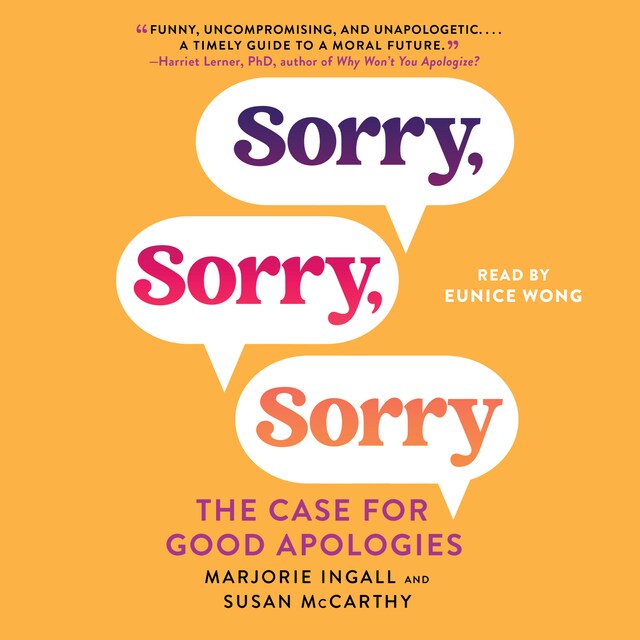
Sorry, Sorry, Sorry
The Case for Good Apologies


